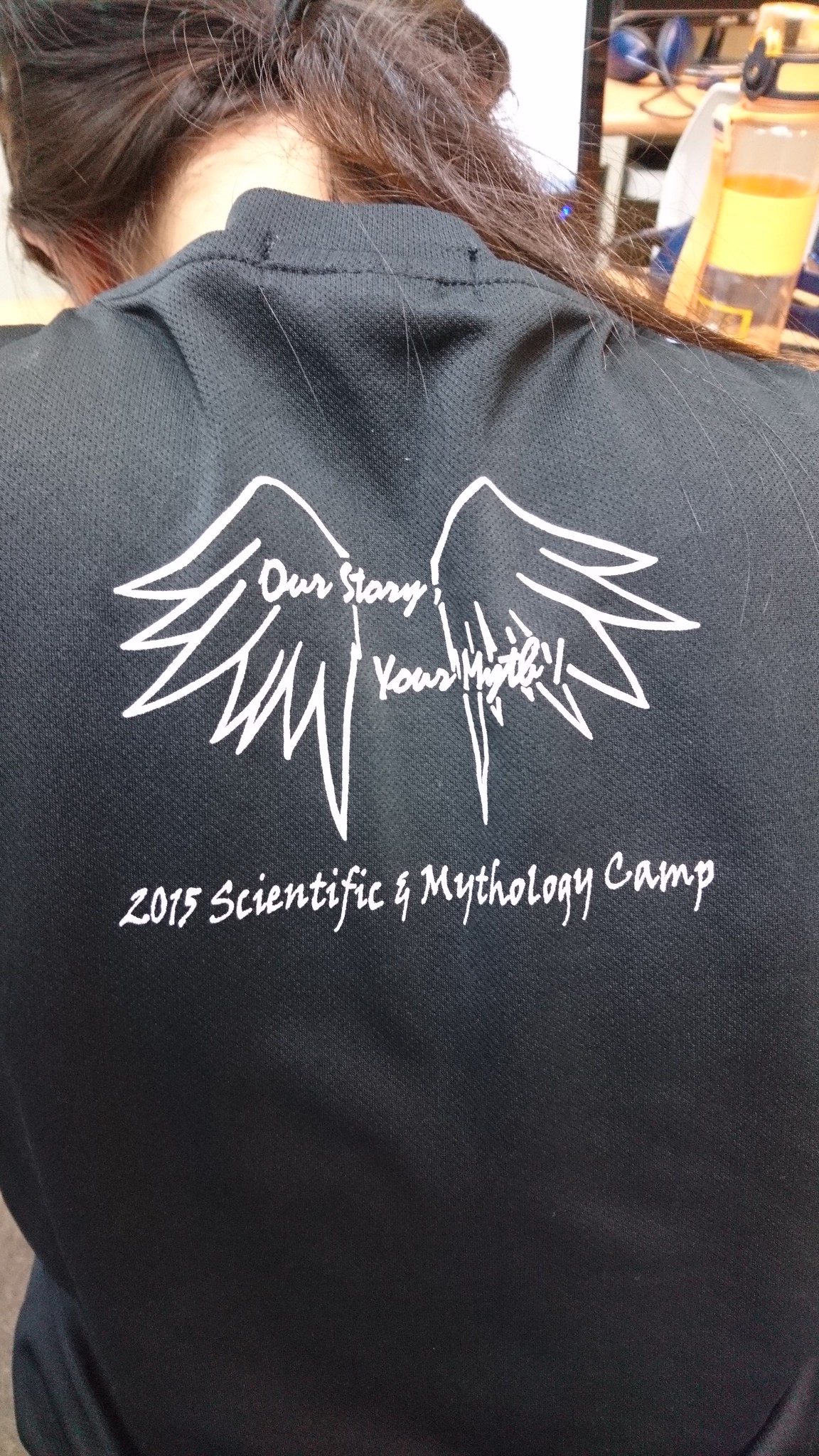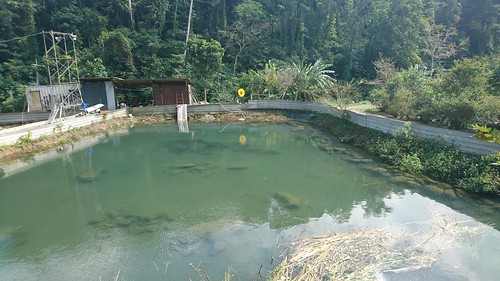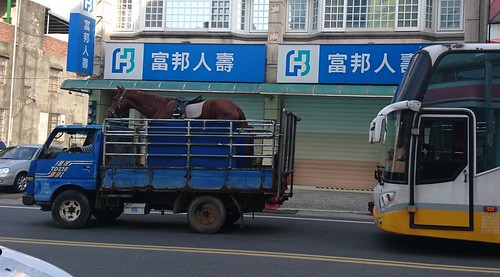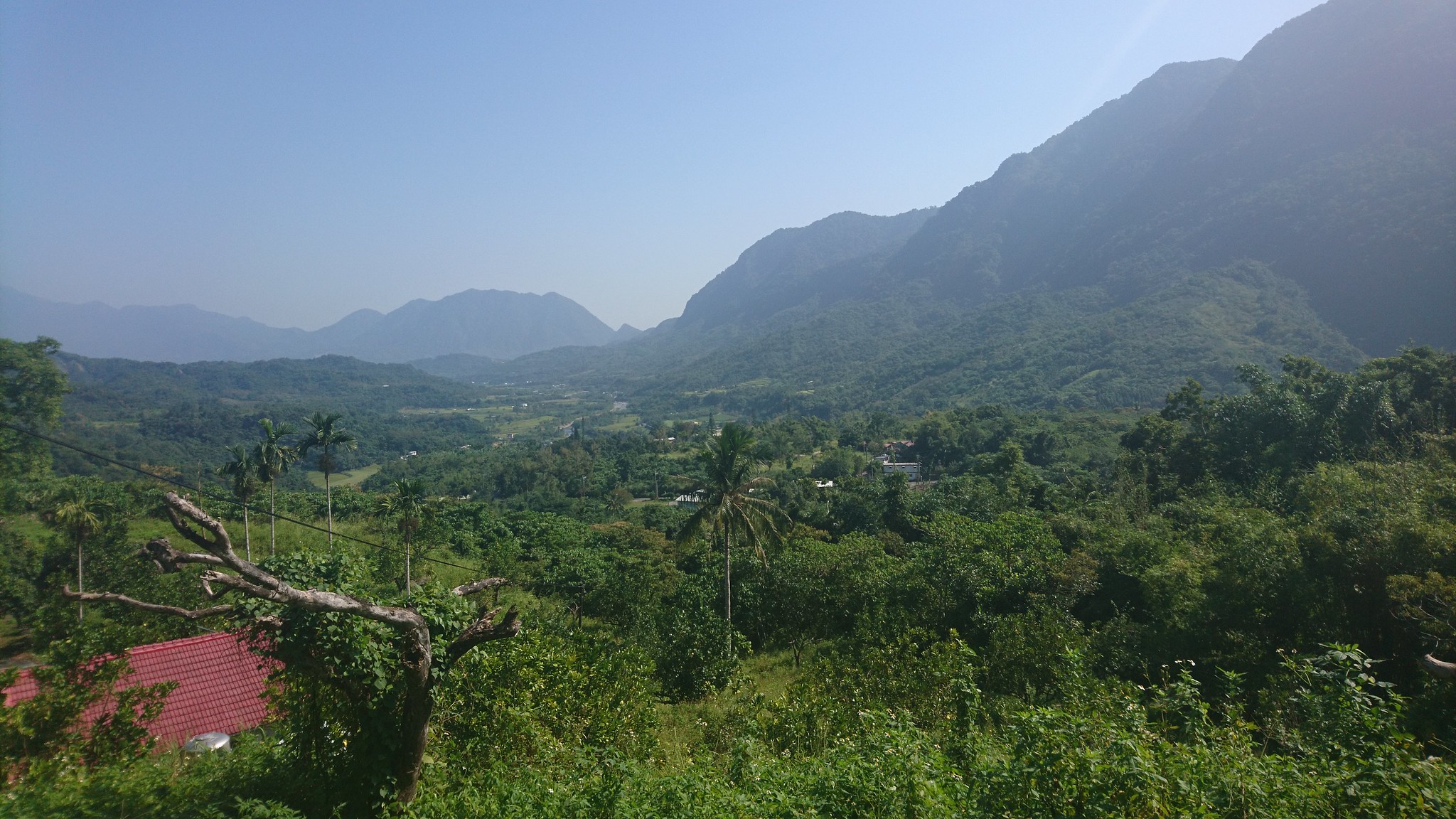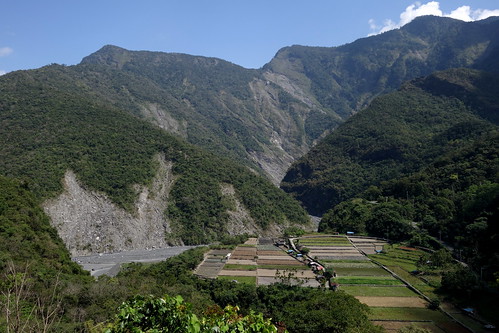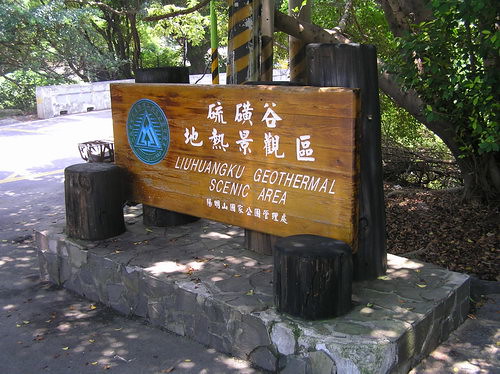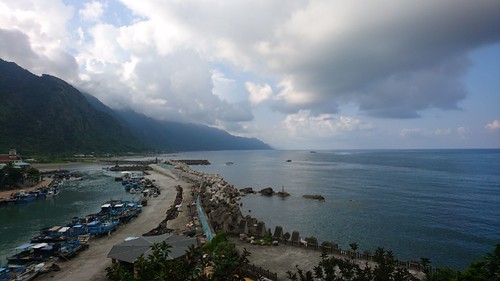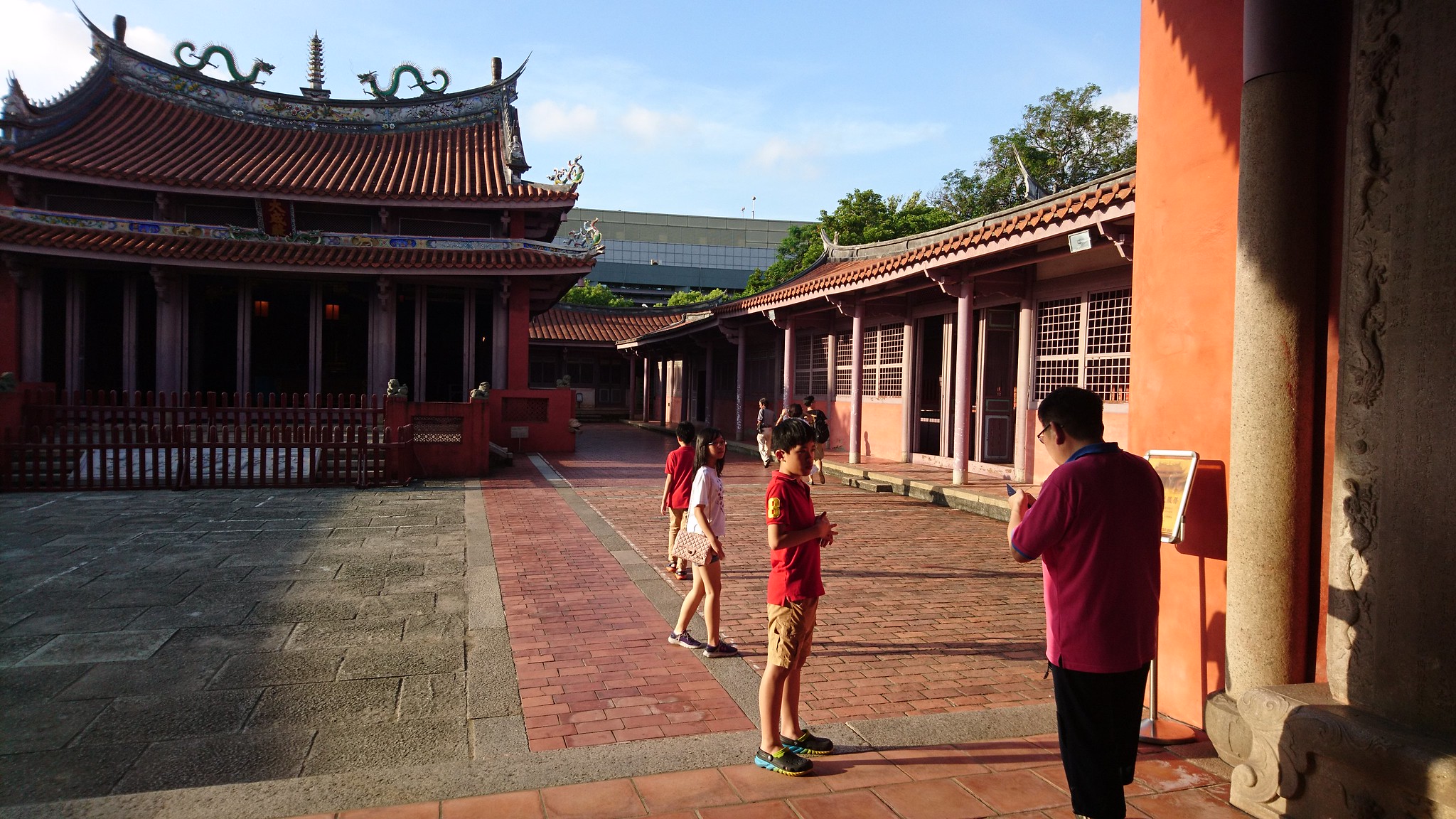Duona in Pingtung
Three and a half hours... what did Xi say? Pretty much the usual noise... but note the last paragraph of R Bush's remarks at the bottom. I am off for my first bike vacation in months, so I won't be back til Tuesday...
+++++++++++++++++++++++++
THE TAIWAN QUESTION...came up in forceful
sounding language from Pres. Xi during his "marathon" CPC keynote yesterday. A Senior Adult who must be granted ANON status shows why any perceived deviation from the mutually agreed-upon "catechism" on US-China-Taiwan relations risks
immediate media heartburn in both Beijing and Taipei unless
quickly "corrected" or "explained":
Chris,
There is some head scratching about Xi saying "the historical fact of the 1992 consensus" in his speech, since Pres. Tsai has used "the historical fact" of the meeting in 1992:
"In 1992, the two institutions representing each side across the Strait (SEF & ARATS), through communication and negotiations, arrived at various joint acknowledgements and understandings. It was done in a spirit of mutual understanding and a political attitude of seeking common ground while setting aside differences. I respect this historical fact."
Is there some semi-echoing here? Tsai is always careful not to say "historical fact of the 1992 consensus", but rather she respects the historical fact of the meeting and its "various joint acknowledgements and understandings."
She skates close to the idea that there was some commitment to a consensus, but never flips over the edge, please note. So it's tempting to think maybe Xi made an echo and a bow to her? An olive branch?
And as our mutual friend Bonnie Glaser has noted, Xi linked Hong Kong, Macau and Taiwan in one sentence. Still, some tough language, of course, in Xi's speech:
We stand firm in safeguarding the nation's sovereignty and territorial integrity, and will never allow the historical tragedy of national division to repeat itself. We have the resolve, confidence and ability to defeat separatist attempts for 'Taiwan independence' in any form. We will never allow anyone, any organization, or any political party, at any time or in any form, to separate any part of Chinese territory from China.
But, I repeat,
no deadlines....
Richard Bush's comments follow this...
Reuters
China's Xi says can thwart Taiwan independence, Taiwan says democracy first
Benjamin Kang Lim, Jess Macy Yu
BEIJING/TAIPEI (Reuters) - China has the resolve, confidence and ability to thwart any attempt by self-ruled Taiwan to declare independence, Chinese President Xi Jinping said on Wednesday, prompting Taipei to retort that only its people could decide their future. Taiwan is one of China's most important and sensitive issues. China considers proudly democratic Taiwan to be a wayward province and has never renounced the possibility of using force to bring the island under its control.
Xi has set great store on trying to resolve differences, holding a landmark meeting with then-President Ma Ying-jeou in Singapore in 2015. But relations have nosedived since Tsai Ing-wen of the pro-independence Democratic Progressive Party won presidential elections last year, with Beijing fearing she wants to push for Taiwan's formal independence, a red line for China.
"We will never allow anyone, any organization, or any political party, at any time or in any form, to separate any part of Chinese territory from China," Xi told more than 2,000 delegates at the opening of a week-long Communist Party Congress, drawing the longest applause during his 3-1/2 hour speech. "We have the resolve, the confidence and the ability to defeat separatist attempts for Taiwan independence in any form," Xi told the audience, including some 300 from the People's Liberation Army.
Beijing has suspended a regular dialogue mechanism with Taipei established under Taiwan's previous, China-friendly government, and there has been a dramatic fall in the number of Chinese tourists visiting Taiwan under Tsai's administration. Tsai says she wants peace with China but will protect Taiwan's freedom and democracy
In Taipei, the cabinet's Mainland Affairs Council said it was "absolutely" the right of Taiwan's 23 million people to decide their future. "The Republic of China is a sovereign country," the council said, using Taiwan's formal name. The perpetuation of Taiwan's democratic system was a core value of Taiwan's, the council said in reaction to Xi's speech. Tsai and her government had been restrained and not provocative towards China, but had staunchly defended Taiwan's security and dignity.
Xi said that China respected Taiwan's "current social system and way of life". "Recognize the historical fact ... that the two sides both belong to one China, and then our two sides can conduct dialogue to address through discussion the concerns of the people of both sides, and no political party or group in Taiwan will have any difficulty conducting exchanges with the mainland," he added.
Additional reporting by Christian Shepherd and Stella Qiu; Editing by Ben Blanchard and Nick Macfie
HUMMM....OK...to the uninitiated, tough language! To Your Editor...actually pretty much the standard "boilerplate", and not what some had feared, as noted by ANON above, no "deadline", and no "new formulations or demands". In fact, as ANON notes in a separate message, "basically a reiteration of the '92 Consensus several times, with emphasis, naturally, on 'One China'."
[MT: The key observations are here.]
But, to repeat from ANON, maybe just maybe something of an "olive branch" embedded in the tough words?
LET us know what you think, please!!
We pulsed Loyal Reader and Major Adult Supervisor Richard Bush, former chief of AIT, and he today posted:
What Xi Jinping Said About Taiwan at the 19th Party Congress
On October 18th, Xi Jinping, the general secretary of the Chinese Communist Party (CCP), delivered a report to the assembled 19th Party Congress on the work of the party central committee that was selected five years ago. Xi spoke on all the policy issues facing the Chinese government and stated his vision for the country's future.
Reporters have been busily trying to interpret the import of what Xi said in the report on a range of policy issues. Observers in Taiwan have understandably been trying to divine the implications of his statements concerning Taiwan policy. The tendency is to cite this or that sentence and speculate on whether Xi will pursue a tougher policy or not.
In a recent post, I presented a framework for interpreting what Xi Jinping would say about Taiwan. The premise of that framework is that the general secretary's report is a document written by a committee that follows an institutionalized and iterative process. The committee circulates its drafts widely and then considers opinions and recommendations for possible inclusion.
[Excerpt: Two points of context need to be kept in mind.
First of all, Xi is not the author of either the entire report or the specific section on Taiwan. A writing committee drafts the document as part of an iterative process of composing, vetting, soliciting opinion, and revising. The ruling Politburo of the CCP-not just its general secretary-will give final formal approval. Xi himself will have a greater opportunity to shape the content of each and every section than any of his colleagues, but he will work within the parameters of an institutionalized political process, and one of those parameters is past statements of policy.
Second, Xi Jinping cannot be confident that all of his listeners believe that China's Taiwan policy has been a roaring success during the five years he has been general secretary. True, during the time that Ma Ying-jeou was Taiwan's president (2008-2016), relations across the Taiwan Strait were stabilized and normalized while economic relations deepened and broadened.
But Ma deflected Beijing's overtures to begin political talks, for the very practical reason that the Taiwan public was not ready to move to that stage. Indeed, the share of the Taiwan public who told pollsters that they were Taiwanese only, as opposed to Chinese or a hybrid of the two, increased while Ma was president, instead of decreasing as Beijing might have expected. Also, the public became increasingly worried that Taiwan was becoming too dependent economically on China, to the point that in spring 2014, political activists were able to block ratification of a cross-Strait service trade agreement.
But the biggest blow for Beijing was the election of Tsai Ing-wen, leader of the Democratic Progressive Party (DPP), and the majority the party gained in legislative elections, for the first time since democratization on Taiwan. Beijing asserts that the goal of the DPP is separatism and the establishment of an independent Taiwan state that has no political or legal connection with the mainland. Therefore, it doesn't require too great a stretch of imagination that some in the CCP elite believe that past policy has failed in preventing this reality.]
In addition to considering current views on policy issues, including Taiwan, the drafting group also takes account what was said in reports to past congresses. As I noted in my recent post, when it comes to Taiwan policy, there has been striking continuity on nine policy elements in the reports to the 16th Party Congress in 2002; the 17th in 2007; and the 18th in 2012).
At the same time, Xi Jinping is in charge of the Chinese regime. He is general secretary of the CCP. Like his predecessors, he will have the opportunity to put his stamp on the policy formulations on every issue, including Taiwan.
In assessing the significance of Xi's report to the 19th Party Congress, analysts should look both at whether the nine Taiwan elements of past reports appear in Xi Jinping's report and at what kind of personal stamp he puts on future policy.
Here are the nine elements that have appeared in the last three reports by general secretaries:
The guiding principle (fangzhen) of peaceful reunification of Taiwan according to the "One Country, Two Systems" formula and the eight-point proposal enunciated by Jiang Zemin in 1995.
Adherence to the One China principle, the key point of which is that the territory of Taiwan is within the sovereign territory of China.
- Strong opposition to separatism and Taiwan independence.
- Willingness to have dialogue, exchanges, consultations, and negotiations with any political party that adheres to the One China principle.
- Stress on the idea that the people on Taiwan and people on the mainland are "brothers and sisters of the same blood."
- Establishing a connection between unification and the cause of "the great rejuvenation of the Chinese nation."
- Placing hopes on the Taiwan people as a force to help bring about unification.
- A promise that progress toward unification, and unification itself, will bring material benefits to Taiwan.
- An expression of "utmost sincerity" by Beijing toward the unification project.
Xi Jinping reaffirmed the first of these six principles but not the last three. Items #8 and #9 are probably not that important in the grand scheme of things. To not reiterate the commitment to "place hopes on the Taiwan people" could be more significant because past statements suggested that Beijing would take into account the views and sentiments of those people. Will popular opinion on Taiwan no longer be a basis for Taiwan policy? Also, it is possible that when Beijing said it would place its hope on the Taiwan people, the people it was taking about were the more conservative voters who supported the island's conservative parties, particularly the Kuomintang (KMT). Recently, some Chinese scholars have suggested that China should rely much more on its own power to achieve its unification objective and not on political forces within Taiwan.
For those interested in the ins and outs of Chinese elite politics, it's worth noting that in item #1 the three previous congress reports included Jiang Zemin's 1995 eight-point proposal as an important basis for policy. Xi Jinping made no reference to the proposal, which tracks with reports that he and Jiang are not on good terms.
Xi Jinping displayed the greatest toughness when talking about the threat of Taiwan independence. In four crisp yet strident sentences, each of which reportedly received applause, he laid down markers: "We will resolutely uphold national sovereignty and territorial integrity and will never tolerate a repeat of the historical tragedy of a divided country. All activities of splitting the motherland will be resolutely opposed by all the Chinese people. We have firm will, full confidence, and sufficient capability to defeat any form of Taiwan independence secession plot. We will never allow any person, any organization, or any political party to split any part of the Chinese territory from China at any time or in any form."
Some of these formulations are not new for Xi. He spoke in basically the same terms in November 2016 to Hung Hsiu-chu, then the chairperson of the Kuomintang. But two things are noteworthy. The first is that his language on Taiwan independence was tougher than what his predecessors said the last times that there was a DPP government in power. Second, the "at any time or in any form" formulation echoes the way China's anti-secession law, enacted in 2005, states the conditions for the use of "non-peaceful means and other necessary measures": "In the event that the "Taiwan independence" secessionist forces should act under any name or by any means to cause the fact of Taiwan's secession from China."[1]
For his coda and to no-one's surprise, Xi shifted from stridency to his broad vision for China and folded his aspiration for a unified Taiwan into his broad narrative of the "great rejuvenation of the Chinese nation." To quote: "Achieving the great rejuvenation of the Chinese nation is the common dream of all Chinese people. We firmly believe that as long as all sons and daughters of China, including compatriots from Hong Kong, Macau, and Taiwan, conform to the great historical trend and share in the great cause of the nation, and firmly grasp hold of the destiny of the nation in our own hands, we will be able to joint create a beautiful future of the great rejuvenation of the Chinese nation." For Xi and other Chinese, a China that remains divided cannot be a great China. Xi did not set an explicit deadline for unification, even though he has talked about the need to end delay. But clearly, Taiwan unification is one part of the highly ambitious agenda that Xi has set for himself as China's leader.
One final aspect of Xi's report is its apparent disconnect from Taiwan reality. Do Chinese leaders really believe that Taiwan independence is that danger that Xi's tougher language suggests? Surely they can see that President Tsai Ing-wen has been very cautious in her approach to cross-Strait relations and the great majority of Taiwan people oppose independence (just as they oppose unification). Do Chinese leaders understand that "one country, two systems" is probably less popular today than it was when Deng Xiaoping first proposed it almost forty years ago, and that recent events in Hong Kong make the model even less popular? Do they, in effect, understand that they have no choice but to put their hopes in the Taiwan people and give them significant reasons to believe that there is a basis for a positive relationship with China?
ALSO: Jessica Drun's
piece on the CCP losing confidence in the KMT.
_______________________
[Taiwan] Don't miss the comments below! And check out my blog and its sidebars for events, links to previous posts and picture posts, and scores of links to other Taiwan blogs and forums!
